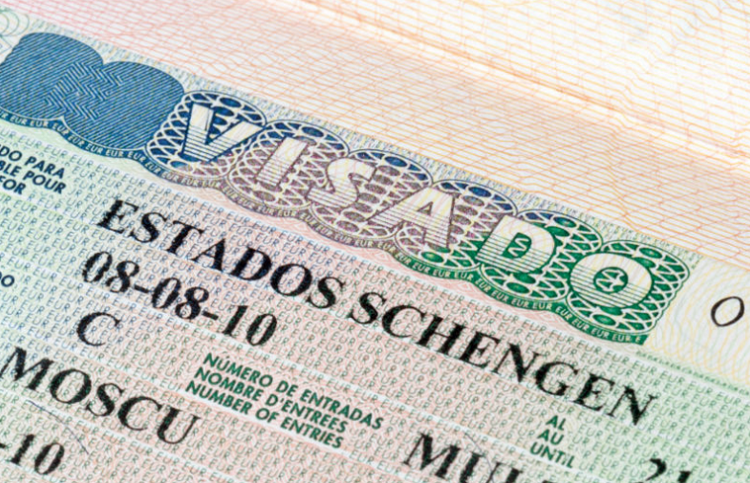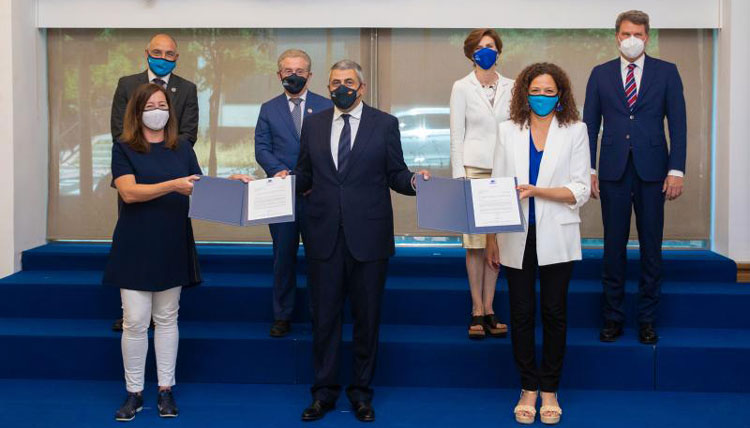The Dipomat
The government has decided to temporarily extend the contract with the company BLS (International Limited Services) for visa processing, in order to avoid damaging either the applicants or the image of Spain, while the appeals lodged against the last contract, approved on 30 January, are being resolved.
The Council of Ministers adopted a resolution approving the declaration of emergency for the signing of a service concession contract between the Ministry of Foreign Affairs, European Union and Cooperation and BLS for the collection and processing of visa applications.
After a last extension, the contract with BLS signed on 12 December 2016 came to an end on 24 February 2023. After initiating the tendering process for a new contract with a provider of the services described above, by Resolution of the Undersecretariat for Foreign Affairs, European Union and Cooperation dated 30 January 2023, the contract was awarded to the company BLS, which provides its services in 59 offices of the consular network.
However, two special appeals were lodged against this award before the Central Administrative Tribunal for Contractual Appeals (TACRC), automatically suspending the award agreement and its effects, so that, as of 25 February, the contract allowing the provision of the services indicated ceased to exist, explains the Ministry.
In order to guarantee the continuity of the service, the government has declared an emergency situation in order to enter into a temporary contract with BLS, “considered the most appropriate option” to provide coverage during the period between 25 February and the date on which the contract awarded by resolution of 30 January 2023 is formalised and takes effect.
According to the Ministry, Spain annually processes a high volume of Schengen visa applications, which places it in second place (after France) among the group of Member States of the Agreement.
This is why there would be a risk of a collapse of consular services as of 25 January if the “emergency situation” for the conclusion of the contract were not declared. Furthermore, the Ministry points out, there would be an “impossibility” for applicants to access the processing of their visas within reasonable timeframes, “damage” to Spain’s image, both in the accreditation countries and with their national authorities, and with the rest of the Schengen Agreement partners, and “harm” to the Spanish tourism industry.
According to the reference of the Council of Ministers, the company’s activities also include information services, data collection and applications (including biometric identifiers and digitalisation of documents), collection of fees, management of appointments for interviews, referral of applications to the consular office and return of travel documents to applicants.







